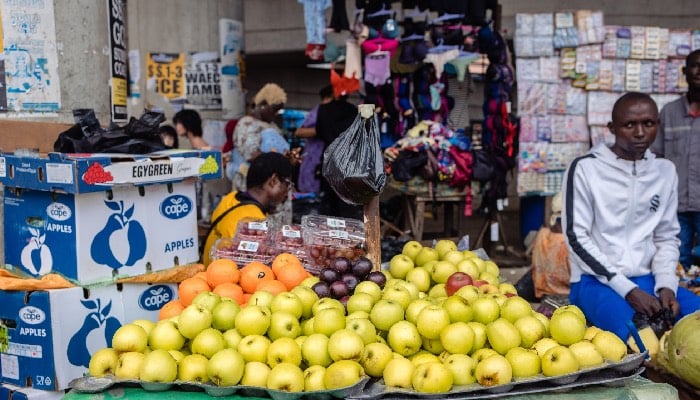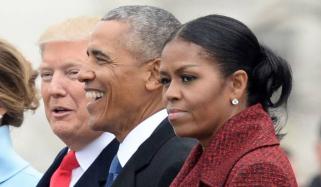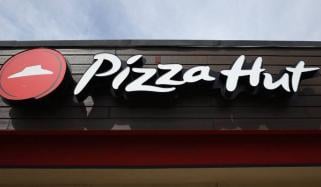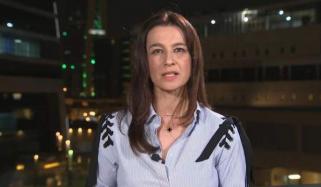
Nigeria's inflation rate reached a 28-year high of 34.19% in June, according to official data released on Monday, July 15.
As per Reuters, this marks the 19th consecutive month of rising inflation, up from 33.95% in May.
The inflation surge is attributed to President Bola Tinubu's policies, including cutting petrol and electricity subsidies and devaluing the naira twice within a year.
These measures have significantly increased the cost of living for many Nigerians.
Meanwhile, food and non-alcoholic beverages were the largest contributors to inflation, with food inflation rising to 40.87% from 40.66% in May.
Labour unions recently met with President Tinubu to push for a new minimum wage after suspending an indefinite strike last month.
However, the Central Bank of Nigeria (CBN) has already implemented three interest rate hikes this year, raising the key lending rate by 150 basis points to 26.25% in May. The next rate decision is scheduled for July 23.
Analysts believe that inflation may have peaked and could start to fall from July, potentially dropping below 30% by the end of the year.
David Omojomolo, an Africa economist at Capital Economics, suggested that this could set the stage for the CBN to consider interest rate cuts in the near future.















